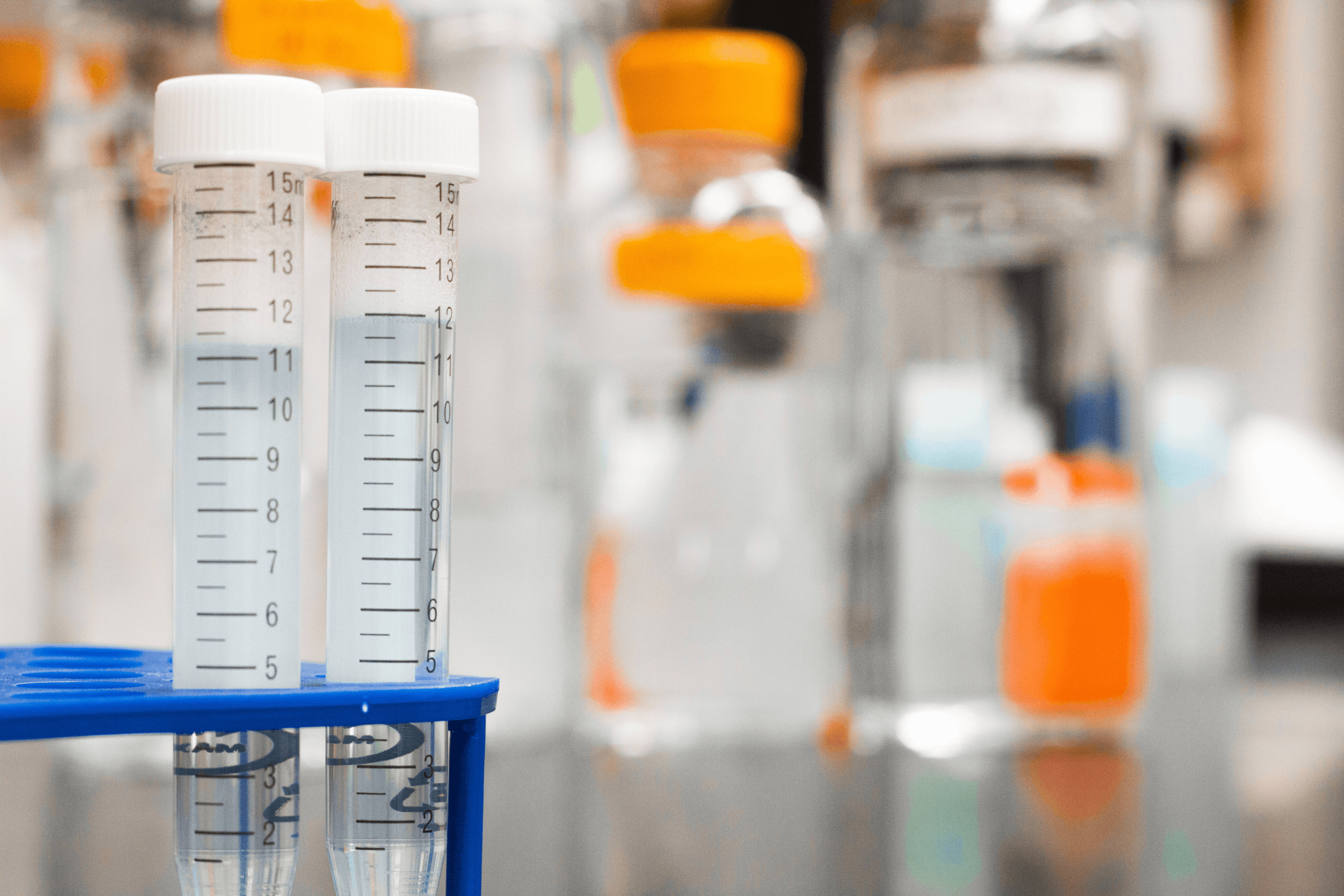According to the World Anti-Doping Agency (WADA), cannabidiol-like molecules (e.g., CBD/CBDA) are permitted for use outside of competition. All other cannabinoids (e.g., CBN, CBG, THC, etc...) are also prohibited1 in-competition, in any concentration.
It’s important to realize that CBD products may still contain prohibited cannabinoid components, such as THC. Athletes subject to anti-doping rules are strictly liable for any substance found in their blood or urine. As such, there are still risks for tested athletes when it comes to CBD products.
Most importantly, it’s very difficult to extract only CBD/CBDA from the cannabis plant, so most CBD oils or extracts actually contain a mixture of compounds all derived from the cannabis plant, including THC.
What do you mean by “In-competition”?
According to WADA, CBD is permissible for use outside of competition. But CBD is prohibited during competition, or “in-competition”. WADA defines in-competition as the time period starting 12 hours before competition, through the competition and including through the time of sample collection. We have also seen in-competition defined “as of 11:59pm the day before competition”.
What’s the difference between Cannabis plants and Hemp plants, and does it make a difference in testing?
Both THC-cannabis and hemp are technically the same species of plant, but they have been bred for different purposes. Instead of being used to make THC-cannabis products (previously referred to as “marijuana”), hemp is grown for industrial purposes and can be used to make fiber, paper, food, clothing, fuel, and more. Hemp has been specifically bred for these purposes and will contain only trace amounts of THC in accordance with the laws in the US, EU, Canada, etc.
Unlike the cannabis used to make THC products, CBD/CBDA can be extracted from both cannabis and hemp plants. While hemp plants have been specifically bred to contain low concentrations of THC and, by definition, can only contain less than 0.3% THC, the cannabis used to make THC products can contain up to 30% THC in mixture with other cannabinoids.
So, is CBD prohibited in sport?
No. Chemical compounds that are cannabidiol-like (CBD/CBDA) are not prohibited. But remember, it is very difficult, if not impossible, to obtain a pure, unrefined CBD/CBDA extract from the cannabis plant. Anyone who buys a CBD oil, extract, or other CBD product should be aware that it may be a mixture of CBD/CBDA and other cannabinoids, such as CBG and prohibited THC. THC and THC-like molecules (Delta-8-THC, Delta-10-THC, etc.), as well as synthetic cannabinoids, are strictly prohibited.
Cannabinoids such as THC can also stay in your body long after you’ve consumed them. When choosing to use a permissible out-of-competition substance that is prohibited in-competition, athletes should be aware that complete washout of those substances and their metabolites cannot be easily predicted. Therefore, consuming any full spectrum CBD oil poses a potential violation.

